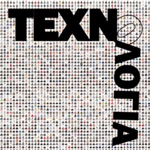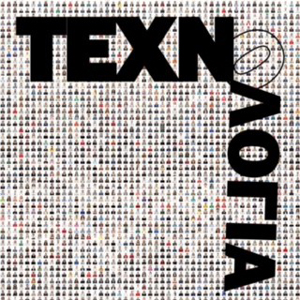Data for Care Call for Participants 3-day Training school, (10-12 April 2023) in Limassol, Cyprus hosted by NeMe. [Deadline to apply: 10pm CET, Monday 27 February, 2023]
Data for Care
Call for Participants
3-day Training school, (10-12 April 2023) in Limassol, Cyprus hosted by NeMe.
Deadline to apply: 10pm CET, Monday 27 February, 2023
In the current environment where economic, gender, and health inequalities are intensified by the Covid-19 pandemic, discussions around the provision of care and how to best realise it, is a main concern. How can we make sense of community-organised shared care, in contrast to the rhetoric of care used by governments and corporations attempting to brand themselves as “caring”?
In 2021, Peter Thiel’s spy-tech firm Palantir Technologies, founded with the support of the US Central Intelligence Agency’s venture capital arm In-Q-Tel, was given access to NHS sensitive patient data by the Johnson led UK government, crashing the spheres of informational power into the biopolitical nation state. Previously, James Bridle wrote that data is the new nuclear power, a powerful commodity, unlimited in quantity and in its capacity for harm.
Due to ubiquitous digitisation and the expanding digitalisation practices, data, its capacity to be included in datasets, and care are now entangled into an ethically ambiguous conundrum where, on the one hand, big data can be used to create potential cures via AI,1 and more efficient recovery treatments through the consideration of clinical datasets, and on the other, the GDPR reinforced rights to privacy, and the problems stemming from biases in the datasets.2 National policies however, favour corporations and “although we are hearing much more about care in these unsettling days, carelessness continues to reign“3 as in many countries, the cost of the health insurance is directly linked to the individuals’ digitised health records, sometimes obtained by insurance brokers using questionable means, or mined through posts in social media accounts. These neo-colonial, state-enabled, corporate practices of appropriating human life, and the freedoms on which it depends, is a disturbing byproduct of our technologies whose sole aim is to convert digital inputs into profit.4
Περισσότερα εδώ.






